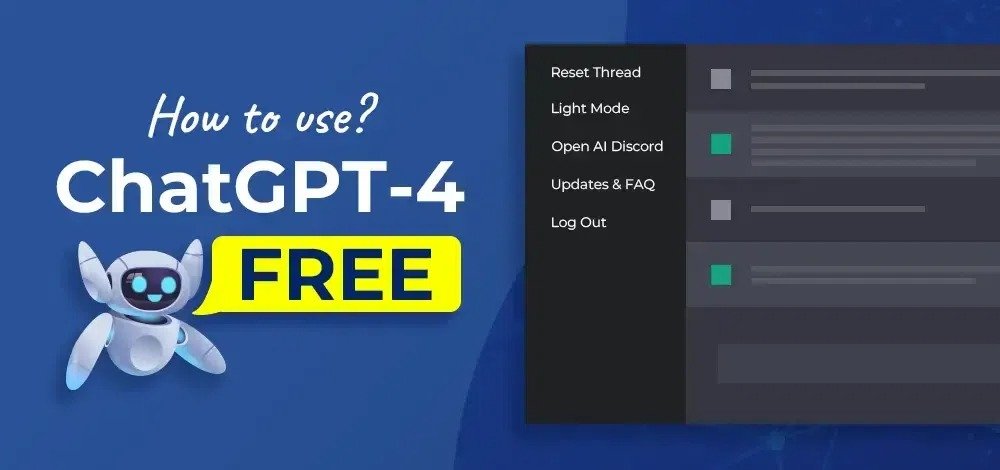
The Top Free GPT Tools You Need to Know About
In today’s digital age, Artificial Intelligence (AI) has made significant strides, particularly in natural language processing. One of the most exciting developments in this field is the emergence of Generative Pre-trained Transformers (GPT) tools. These tools utilize large-scale neural networks to understand and generate human-like text. Whether you’re a writer, student, researcher, or simply curious about AI, here’s a roundup of the top free GPT tools you need to know about.
1. OpenAI GPT-3
OpenAI’s GPT-3 is undoubtedly one of the most powerful and widely recognized GPT tools available. With a whopping 175 billion parameters, it’s capable of producing remarkably coherent and contextually relevant text across a variety of tasks. While access to the full capabilities of GPT-3 is restricted to select partners, OpenAI provides an API that allows developers to integrate GPT-3 into their applications. Additionally, there are several community-built tools and platforms that leverage GPT-3, offering users access to its capabilities for free or at a nominal cost.
2. Hugging Face’s Transformers Library
Hugging Face has emerged as a prominent player in the AI community, offering a wide range of natural language processing models and tools, including GPT variants. Their Transformers library provides easy access to pre-trained models, including GPT-2 and smaller versions of GPT-3. With just a few lines of code, developers and researchers can leverage these models for text generation, classification, translation, and more. The library is well-documented and supported by a vibrant community, making it an excellent choice for those looking to experiment with GPT-based applications.
3. EleutherAI’s GPT-Neo
For those interested in open-source alternatives to commercial GPT offerings, GPT-Neo by EleutherAI is a compelling option. Built upon the foundations of GPT-3, GPT-Neo aims to democratize access to large-scale language models by providing an open-source implementation that can be freely used and modified by anyone. While GPT-Neo may not match the scale of GPT-3, it still offers impressive performance and can be fine-tuned for specific tasks using readily available resources and documentation. As the project continues to evolve, GPT-Neo is expected to become an increasingly viable alternative for individuals and organizations seeking cost-effective AI solutions.
4. AllenNLP’s Comprehend
AllenNLP, an open-source platform for AI research, offers Comprehend, a GPT-based tool designed specifically for language understanding tasks. Unlike traditional GPT models, which are primarily focused on text generation, Comprehend is tailored for tasks such as question answering, sentiment analysis, and named entity recognition. By fine-tuning the underlying GPT architecture on labeled datasets, Comprehend can achieve state-of-the-art performance on various natural language understanding benchmarks. With its user-friendly interface and extensive documentation, Comprehend is an excellent choice for developers looking to incorporate advanced language understanding capabilities into their applications.
5. GPT-J by EleutherAI
GPT-J is another noteworthy project from EleutherAI, offering a scaled-down version of GPT-3 with 6 billion parameters. Despite its smaller size, GPT-J is still capable of producing high-quality text across a wide range of tasks, making it suitable for experimentation and smaller-scale applications. Like GPT-Neo, GPT-J is open-source, allowing developers to customize and extend its functionality as needed. With its accessible architecture and growing community support, GPT-J represents a promising avenue for individuals and organizations looking to harness the power of large-scale language models without relying on proprietary solutions.
Conclusion
As AI technology continues to advance, GPT tools are becoming increasingly accessible to a broader audience. Whether you’re a developer, researcher, or enthusiast, the free GPT tools outlined above offer a wealth of opportunities for experimentation, innovation, and exploration. From OpenAI’s groundbreaking GPT-3 to community-driven projects like GPT-Neo and GPT-J, there’s no shortage of options for those looking to harness the power of AI for natural language processing tasks. With the continued development of open-source initiatives and the growing availability of pre-trained models, the future looks bright for GPT-based applications across a wide range of domains.